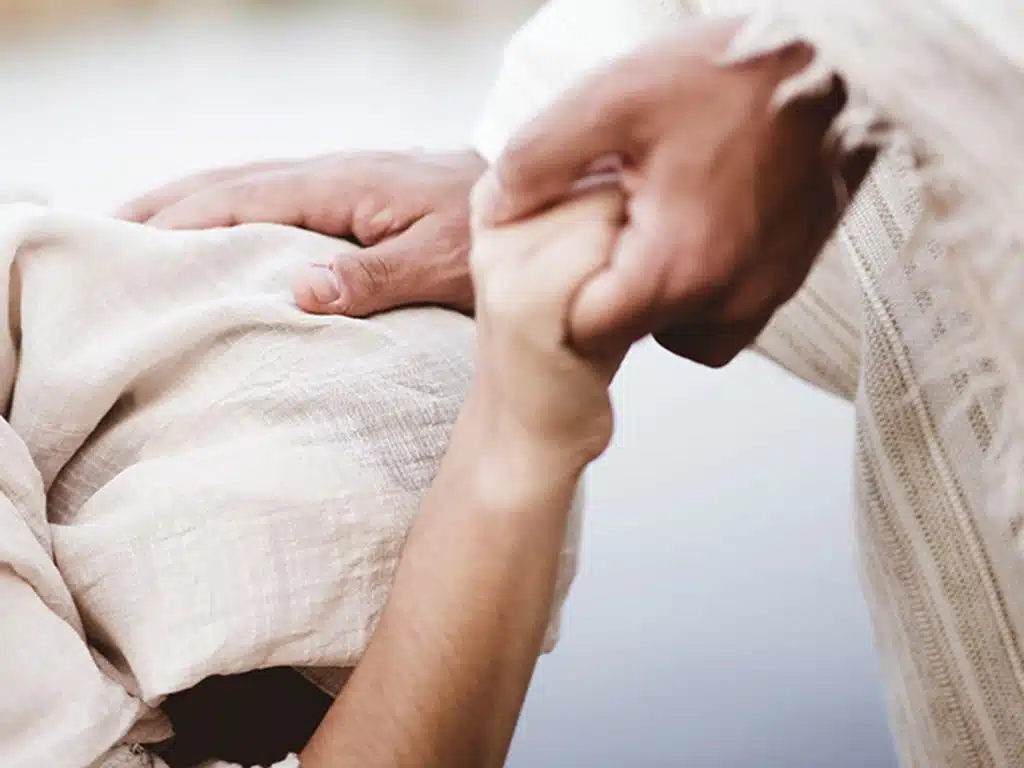It’s planting time. And growing time. And watering time. But, wait. First, it’s weeding time. Every year, I say I’m going to get after the weeds before it’s a big job, and every year, I don’t. The weeds around the trees are particularly overgrown this spring. They’re woody and tenacious and in need of some serious tending.
I planned to make time for that yesterday. Alas, I didn’t. Instead, my son mowed over them. It looks like my problem is solved for another week or so, but I know it’s not. The weeds are still there. They’re still threatening the health of the trees. Frankly, now that they’ve been mowed, they’re a bigger problem, because they don’t look quite so menacing.
Hours spent with seed catalogs and wandering garden shops fill my mind to the brim with good intentions and hope for the future. There’s always a lot to do in the garden in the springtime. I love to plant flowers. I’ve even grown to like pruning roses. The weeds, though, have a way of getting the better of me.
Weeds are so much like my sins. I wake in the morning, full of fresh hope for the day. I fill myself with God’s word like it’s some super fertilizer. I water my soul with fresh air and exercise, and I am steady and ready to go.
Then someone awakens.
Just like that, the weeds start to crowd the day. My sins abound. I think I can mow them down. I apologize, and move on and all will look well for a little while. Then they grow heartier and they multiply. Unless those sins are pulled out by the roots, they will choke the good and the pure and the beautiful. The sins are sucking the life out of the healthy soil. They must be put to death, and they aren’t going to die on their own. Even if I leave them and hope that summer’s heat or winter’s cold will kill them, they will return.
In The Problem of Pain, C. S. Lewis writes, “We have a strange illusion that mere time cancels sin. I have heard others, and I have heard myself, recounting cruelties and falsehoods committed in boyhood as if they were no concern of the present speaker’s, and even with laughter. But mere time does nothing either to the fact or to the guilt of a sin. The guilt is washed out not by time but by repentance and the blood of Christ: If we have repented these early sins we should remember the price of our forgiveness and be humble.”
Sin requires that I kill it. In order to kill it, I’ve got to dig deep into the roots of it and cut it off at the life source. If I’ve lost my temper before 8 a.m., what provoked that? If I’ve indulged in gossip while chatting in the coffee shop, with whom was I talking? Are there certain habits, certain places, certain people that are the near occasion of sin? They’ve got to be pulled up by the roots. Time won’t do it.
A weed needs to be called a weed and, once identified, the only cure for the weed – the only way to ensure the health of the garden – is to dig it out and get rid of it altogether. Help might be required. A confessor, a spiritual director, perhaps even a spouse or good friend can come and kneel beside me and help me yank on the most tenacious roots. Sin must be called by its name, and I must confess and repent and resolve not to go there again. Then, the Gardener of my soul can come and carry the weeds away. If I leave them lying there on the ground next to the now-churned soil, they take root again. I cannot carry them away on my own. Those rooted-out sins are far too heavy for human hands. It’s impossible for me. Instead, I sit in awed wonder as Christ does the hardest work of all – the back-breaking, excruciating, ultimately lethal, job of removing my sin.
I am forgiven.
Grace rains on the garden and good things begin to grow well.


